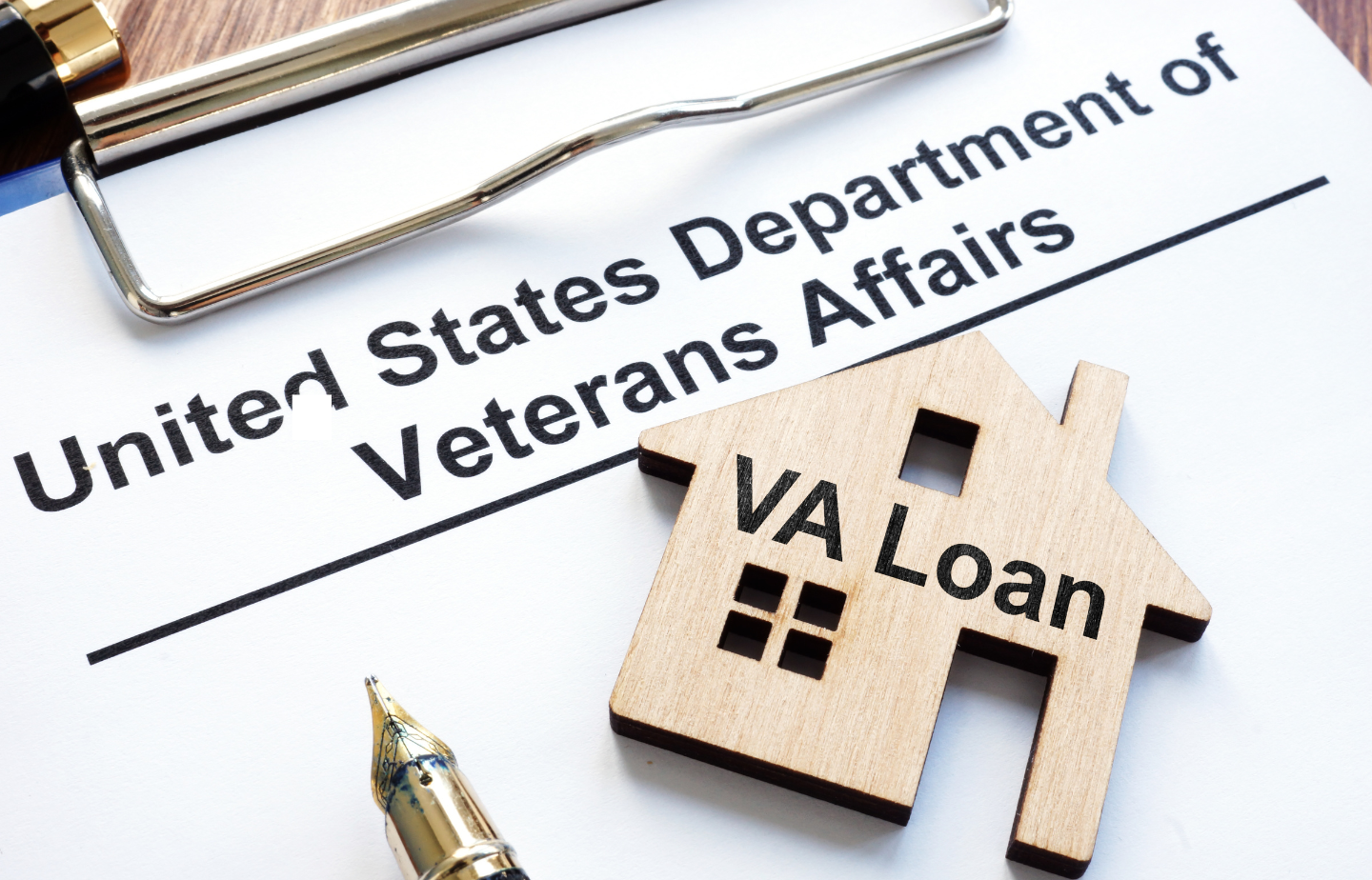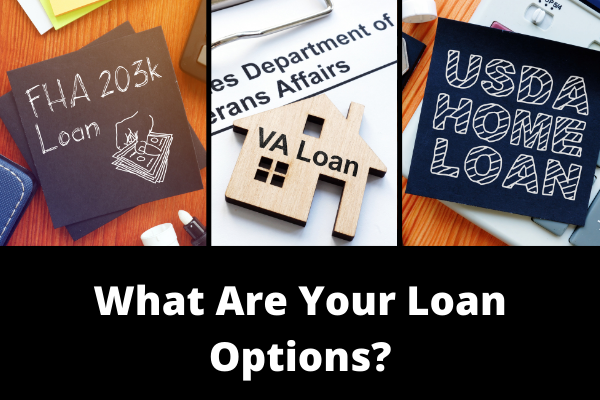The Minimum Credit Score For VA Home Loan Approval: What To Know
 When you are applying for a home loan, you need to make sure that you meet the minimum credit score requirements. If you decide to go with a traditional loan, the credit limit can be high, making it hard to qualify for a home loan. In contrast, you might be able to qualify for a VA home loan with a much lower credit score. What do you need to know?
When you are applying for a home loan, you need to make sure that you meet the minimum credit score requirements. If you decide to go with a traditional loan, the credit limit can be high, making it hard to qualify for a home loan. In contrast, you might be able to qualify for a VA home loan with a much lower credit score. What do you need to know?
The VA Does Not Have A Minimum Credit Score Requirement
One of the major benefits of applying for a VA home loan is that you do not need to worry about meeting a minimum credit score requirement. There is no minimum credit score you need to qualify for a VA home loan, as there are lots of factors that the lender will consider when reviewing your application. Your credit score is only one factor. At the same time, you are encouraged to have a credit score between 580 and 660 to increase your chances of being approved for a home loan.
There Are Other Benefits Of Applying For A VA Home Loan
In addition to the lack of a credit score requirement, there are other benefits of applying for a VA home loan. For example, you do not have to worry about putting any money down. While you might be able to get a lower interest when if you decide to put money down, you are not required to do so. You also do not have to worry about paying PMI, even if you do not put 20 percent down. This is just another way that a VA home loan can help you save money.
A VA Home Loan Could Be The Right Option For You
With so many benefits of applying for a VA home loan, it makes sense to do so; however, you need to make sure that you meet the eligibility requirements. For this reason, you should work with a professional who can make sure you qualify for a VA home loan for your next purchase.

 VA mortgages stand out as one of the biggest benefits to men and women serving in the military. Although private lenders make the loan, the Department of Veterans Affairs guarantees all VA mortgages, which is why these loans come with favorable terms and benefits not found with other mortgage types.
VA mortgages stand out as one of the biggest benefits to men and women serving in the military. Although private lenders make the loan, the Department of Veterans Affairs guarantees all VA mortgages, which is why these loans come with favorable terms and benefits not found with other mortgage types. You may have more options than you think when it comes to securing a mortgage for your new home. While many buyers opt for conventional financing, another option or program might be a better choice for you, depending on your personal and financial situation. Learning more about FHA, USDA, and VA loans ensures you get the best possible deal for your mortgage and that you secure the loan that you need for your new home. Here’s what you need to know about these useful mortgage options.
You may have more options than you think when it comes to securing a mortgage for your new home. While many buyers opt for conventional financing, another option or program might be a better choice for you, depending on your personal and financial situation. Learning more about FHA, USDA, and VA loans ensures you get the best possible deal for your mortgage and that you secure the loan that you need for your new home. Here’s what you need to know about these useful mortgage options.